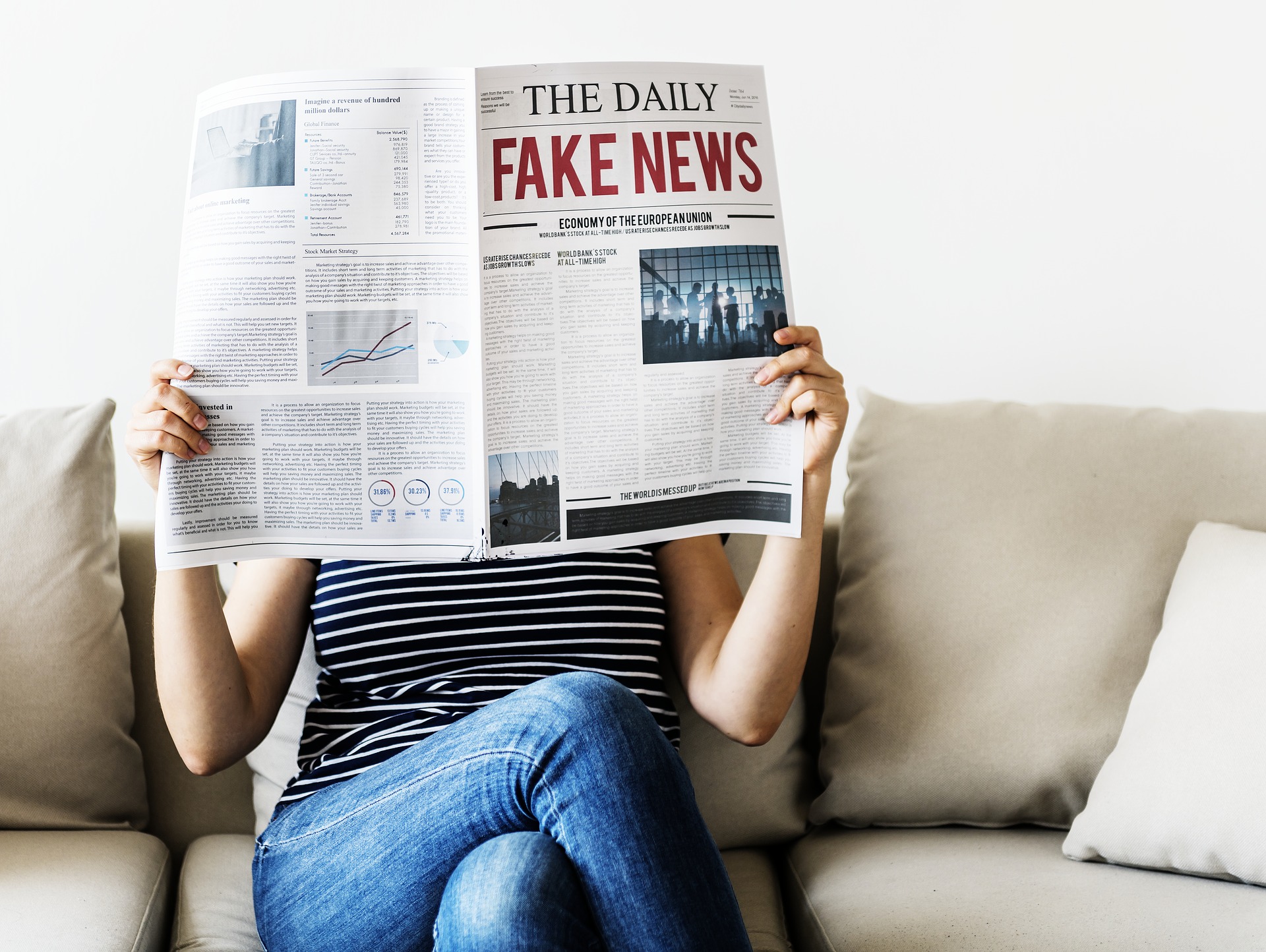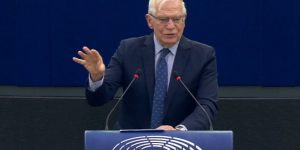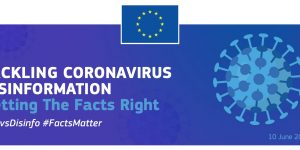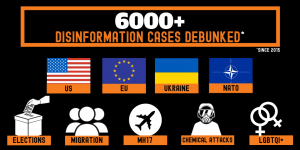Based on information in media, we often make important decisions and form attitudes about all sorts of things. This is why it is crucial that the information we consume are correct and true.
By: Emir Zulejhić
Amidst ever faster development of the Internet and communication technologies, there has been a growing number of digital media reporting on the events and phenomena important for public. Journalism is a key profession for a society; however, not every media report has been created with a goal to communicate true information. Hence our increasing attention today on fact-checking, i.e. checking accuracy of media releases.
Media and the information they share are often (miss)used to gain political benefit or economic interest. In this case, information become disinformation, a false or misleading information created, presented and communicated for a purpose of economic gain or purposeful deception of the public. Disinformation may cause public damage, including the threats against democratic processes and public goods.
Generating and spreading of disinformation do not require more than one person, a certain intention and an access to the Internet. The whole process does not take a lot of time, unlike the process of monitoring, detecting and making up for the damage it causes. Fact-checkers, i.e. the persons engaged in checking the accuracy of media reports, use various classifications to make a distinction between different forms of false media information. This brings us to the terms such as false news, disinformation, fact manipulation, spin, censure, clickbait, pseudoscience … What does it all actually mean and does it really matter to us? What is disinformation and what are its consequences?
For instance, a number of articles published in online media claim that the vaccines are an instrument of pharmaceutical mafia, or that the courts recognized that they cause autism, or that vaccines are used to decrease Earth’s population, and a number of other similar theories. However, there is no such thing as a court decision declaring that the vaccines cause autism, thus these theories remain nothing but theories, or more precisely conspiracy theories. Yet, as the result of such disinformation, the biggest epidemic of measles of the last 25 years was declared in many inhabited areas of BiH.
Conspiracy theories are theories that do not offer any proofs, instead referring to a number of unnamed stakeholders, such as „pharmaceutical mafia“, „the world governments“, „centers of power“, „foreign governments“ and other similar phrases that mean nothing without exact names or titles. Another feature of conspiracy theories is a reference to „secret“ or „confidential“ information known to only very few selected people, yet which the portal managed to discover and publish.
In fact-checking, we also use a term „pseudoscience“ for a situation in which the opinions, fabricated data and unprofessional studies are presented as scientific facts. For instance, articles classified as pseudoscience that quote an Italian doctor claiming that he was successfully treating cancer with baking soda, and that this illness was only „a fungal infection“. Such information has no scientific support nor has it been proved in any way. On the other side, there is a proof that some patients of this Italian doctor, currently in prison on charges of murder and fraud, died after being injected with baking soda directly in their bloodstream.
To spread disinformation or cause damage, news does not have to be always entirely fake or fabricated. Sometimes accurate information and data are presented in a misleading way or partially manipulation, and this is manipulation of facts.
Disinformation is often used for political purposes. The best example of that is biased reporting. These are the news that strongly favor or promote one side, while there is no mention of the other side, or it refers to that side only in a negative context.
If media do not publish the information important to the public, because does not favor those in power, or if information is published and then removed, we speak about censorship. This is another classical example of politically motivated manipulation.
Spin is the news used by a media trying to divert the public attention from some other news or event being reported in media at the same time and of a certain level of relevant for the public, but also not favoring decision makers.
Consequences caused by all these manipulations are numerous. When it comes to disinformation in the public health sector and medicine, they are obvious and sometimes the cost is a loss of a human life. On the other hand, politically motivated disinformation create parallel realities depending on that which media we read, listen or watch.
Based on fake, incomplete and bias information we create fake, incomplete and bias opinions and views, life decisions ranging from not vaccinating our child to whom to vote for at the election.
#NeVjerujNaPrvu is a project of the European Commission in Bosnia and Herzegovina.
The content of this article is a sole responsibility of the author and does not necessarily reflect the opinions of the European Union.




